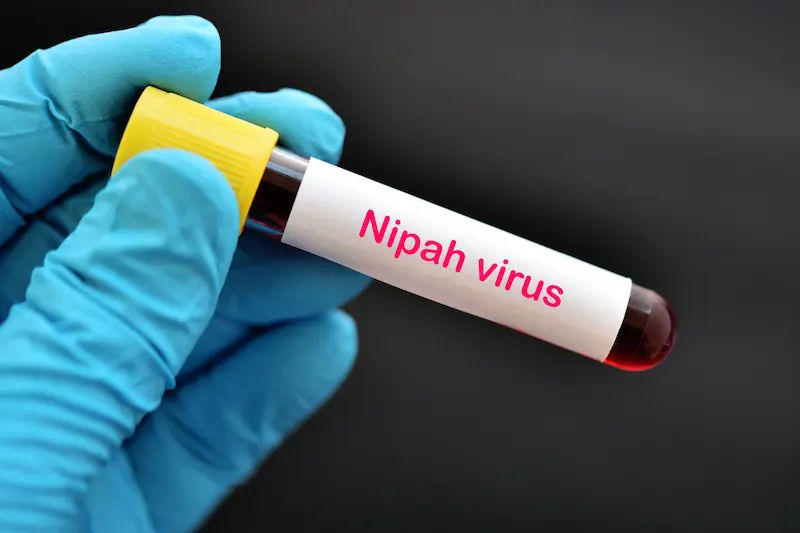- female
- 40 Years
- 29/01/2025
I'm having trouble finding any Ebasil M tablets in stores. Can I use Ebast M tablets instead? What do you think?
Answered by 1 Apollo Doctors
See a specialist for accurate diagnosis and targeted treatment.
Dr. Dhankecha Suggests...
Consult a General Physician/ Internal Medicine Specialist
Answered 25/07/2025
0
0

More General Physician/ Internal Medicine Health Queries
View allI drank 3 cans of Red Bull hoping to get through my back-to-back exams since it's my final semester, but now I'm regretting it. I had one can in the evening, the next at around 11 PM, and the last one this morning at about 5:30 AM. After that third one, I started feeling really nauseous and ended up vomiting just an hour before my exam. I realized I mostly had them on an empty stomach. Even though I felt somewhat better after puking, it's been a while, and I'm still feeling weak and a bit off. I'm scared and definitely not touching Red Bull again. What should I do now, and what should I avoid to feel better?
Consuming 3 cans of Red Bull in a short period, especially on an empty stomach, can lead to caffeine toxicity, causing nausea, vomiting, and weakness; to recover, drink plenty of water and electrolyte-rich fluids, like coconut water or sports drinks, to replenish lost salts; eat small, frequent meals of bland foods, like crackers or toast; avoid caffeine and energy drinks for a while; and if your weakness persists, or you experience severe symptoms like chest pain, rapid heartbeat, or difficulty breathing, seek medical attention.
Answered by 1 Apollo Doctors
I've been dealing with this viral fever for the last two weeks, and I occasionally get these chills and a headache. Someone mentioned Gudcef cv 200 for this. Do you think it's okay for me to take it? I'm just a bit unsure about its usage for viral fever.
Gudcef CV 200 is an antibiotic containing cefpodoxime and clavulanic acid, effective against bacterial infections, not viral fever; taking antibiotics for viral fever won't help and may lead to antibiotic resistance; for viral fever, focus on symptom management with rest, hydration, antipyretics like paracetamol, and antihistamines for cold and headache;
Answered by 1 Apollo Doctors
I've been sneezing non-stop and have a runny nose since yesterday. Is it okay for me to use xylomist 0.1? Could you let me know if that's a good idea?
Visit Physician for evaluation and appropriate management
Answered by 1 Apollo Doctors
Disclaimer: Answers on Apollo 247 are not intended to replace your doctor advice. Always seek help of a professional doctor in case of an medical emergency or ailment.





